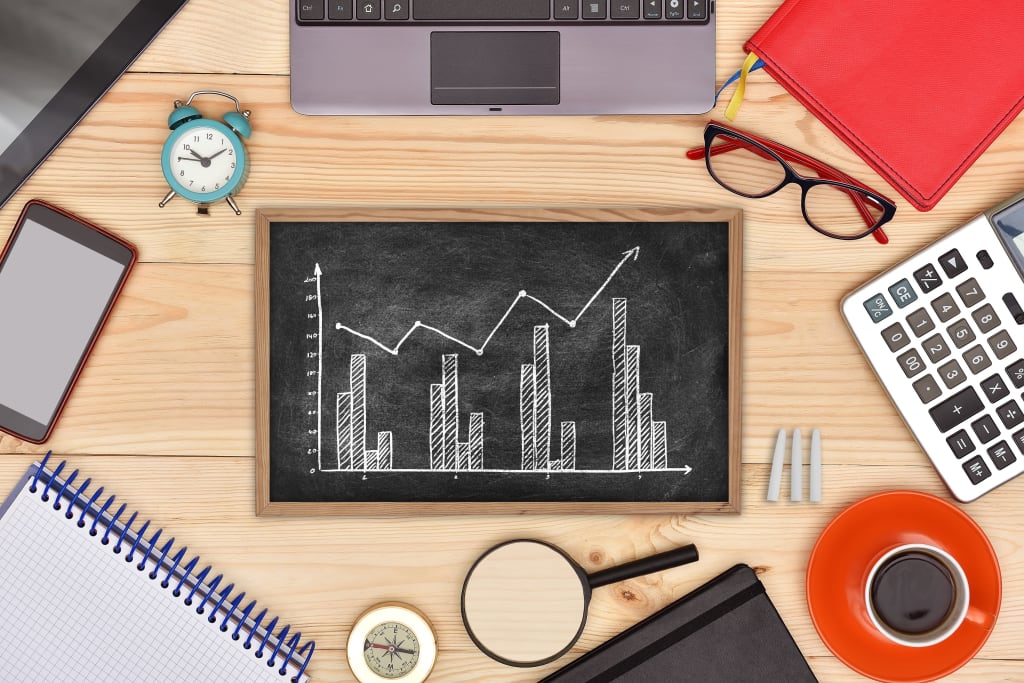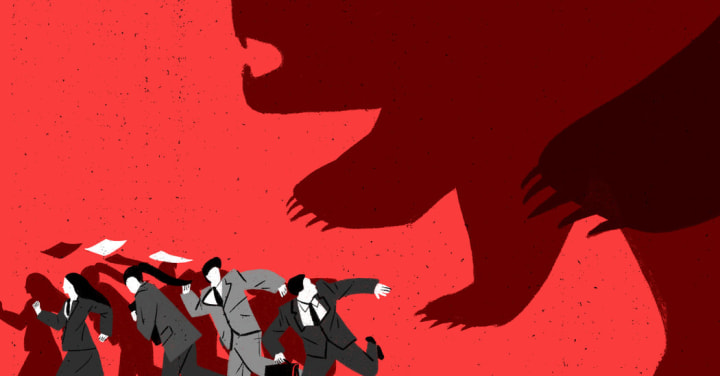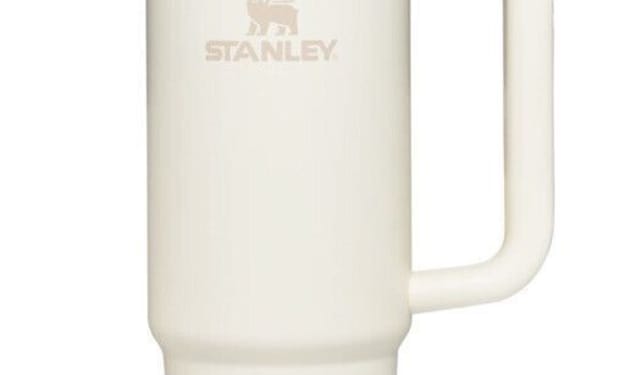What a Recession Means for Your Portfolio
Ever wonder what a recession means for your portfolio of investments? Here's what you need to know—and why you shouldn't worry.

It's no secret that experts have been warning about an upcoming recession. The Fed's rates have been getting traders talking. Economic strength factors have been faltering. President Cheeto-in-Chief's trade policies haven't been helping, either.
Most new investors are getting a little shaky, and that's totally understandable. You might not know what a recession means for your portfolio in the long and short term.
Having survived the Great Recession, I know a little bit about what will happen to stocks and other investments. If you're wondering what to expect as the market turns sour, here's a little guide to help you out.
Most people fear a recession because it means the stock market tends to crash pretty badly. Depending on how hard the stocks drop, you might see your portfolio's value descend as low as 60 percent of what it currently is. For most people, this means they'll freak out.
In the short term, what a recession means for your portfolio is a drop in prices. This is actually part of the definition of what a recession is. You shouldn't panic, even though it may seem pretty dire at first.
You may also deal with one or two stocks that collapse entirely.
Though I'd love to say that all companies survive recessions, the truth is quite the opposite. There will most likely be one or two major companies that die out during the next recession.
During the Great Recession, one of the companies that folded was Lehman Brothers. This was, at one point, one of the largest banks in existence. Another major trading cornerstone that kicked the bucket was owned by Bernie Madoff.
These things happen. It's impossible to tell which companies will fold during a recession unless you really dig deep into each individual company's story.
A lot of people will panic sell, and that will affect your portfolio.

One of the reasons that a total price drop is a major part of what a recession means for your portfolio is trader attitude. When most traders see a stock market downturn, they panic and sell off shares in hopes of preserving their wealth.
With all the people panic-selling their shares, it's not surprising that prices drop. That said, you should not try to follow their example. Most stocks still recover (with extra) during a recession.
A recession is a smart time to buy or just hold on.
Most seasoned traders will tell you that it's not wise to sell stocks in a recession. You will most likely lose money if you do that. If you wait and just stay put, there's a chance that the value of your portfolio will regenerate itself.
Many expert traders, including Warren Buffett, see recessions as a great window of opportunity. You will be able to get better prices on stocks during this time—as long as you do your due diligence and select winners. That's why a lot of people will beef up their portfolios during a downturn; they know it will pay off in the long term. If you figure out how stock market gurus prepare for a recession, model their behavior as best as you can.
You're going to love passive fixed income investments.

When Wall Street is in a bear market, people stop being so bullish about stock market shares. People stop being so keen on values that fluctuate so hard. This is why investments like real estate, item royalties, and bonds tend to do better in a recession.
People start looking at passive income investments that they can count on, rather than investments they can bet on. Expect to get more focused on stocks that provide dividends rather than just stocks you can buy and sell.
This is why "dividend aristocrats" exist; these investors know that they will be able to handle recessions better since dividends always provide some kind of payoff.
You may also be able to raise rent if you own investment properties.
Though this isn't a surefire, foolproof rule, I have noticed this to be the case with a lot of regions. With a lot of areas, homes stop being affordable because unemployment hits the region hard and people lose their ability to pay mortgages.
For a lot of people in this situation, renting is the only real solution aside from homelessness. If you own an investment property or a REIT, what a recession means for your portfolio is a better return.
During most recessions, rents increase. It's really a landlord's economy. If you are a landlord or a building owner, this means good news for you; your passive income is about to spike.
Certain commodities skyrocket in price.

If you were alive (and slightly adult) at the time of the Great Recession, you already remember this. Because people tend to panic during recessions, a lot of individuals will start to turn their attention towards "tried and true" commodities.
The most common commodities to increase in price are fine art, gold, and silver. If you own these, expect them to retain their value. Better still, you might see them increase!
High quality consumer staples will reign supreme though.
If you are an avid investor in Kraft or Walmart, you're going to love what a recession means for your portfolio. Most luxury stocks do not fare well during economic downturns, but regular consumer staples with affordable goods do.
People will only spend money on what they need if they are worried about losing their job. As a result, stocks like Walmart are more likely to retain their value than a stock like Ferrari.
Private lenders will love the way that recessions work in their favor—sort of. Recessions are known for increasing borrower interest rates because of the increased risk of default during a tough economic time. This is just one of the ways a person will be hit by a recession; and though the risk is higher for private lenders to capitalize on this, so is the reward.
If you were hoping for a reason to get more return on similar investments, a recession might be what you were hoping for. That said, you may want to choose your loans wisely.
Ultimately, what a recession means for your portfolio depends on you.
A recession is a lot like a test. If you prepared well, have a very stable job, and know how to diversify your portfolio, you should be able to stay afloat. If you didn't, well... there are lessons to be learned for the next one.
About the Creator
Iggy Paulsen
Iggy Paulsen is a fan of anything and everything wholesome. He loves his two dogs, hiking in the woods, traveling to Aruba, building DIY projects that better humanity, and listening to motivational speakers. He hopes to eventually become a motivational speaker himself.






Comments
There are no comments for this story
Be the first to respond and start the conversation.